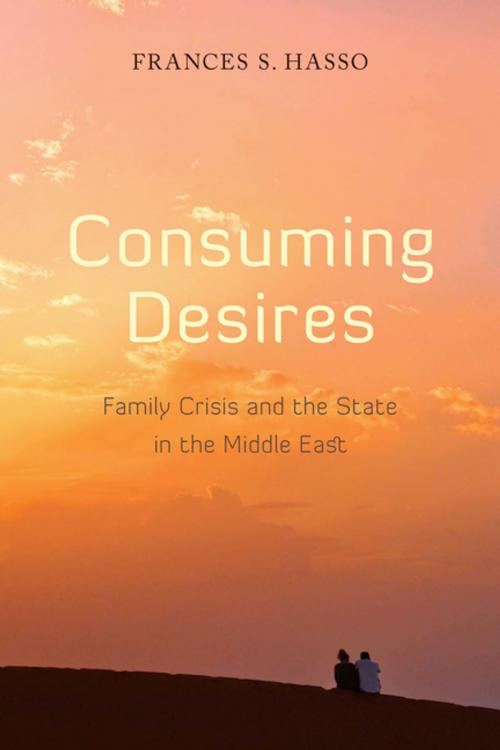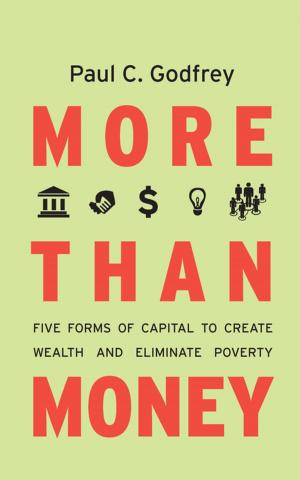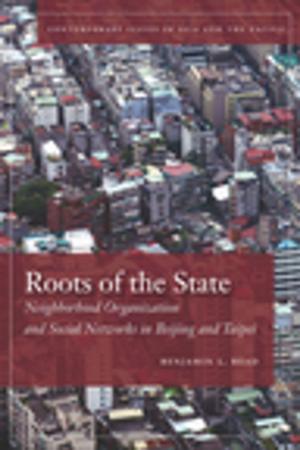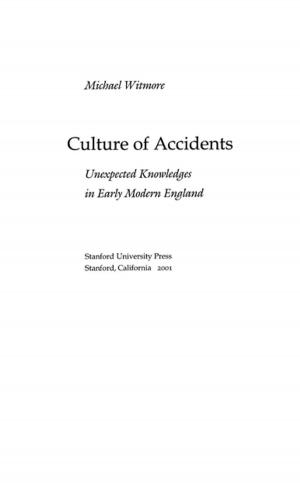Consuming Desires
Family Crisis and the State in the Middle East
Nonfiction, Religion & Spirituality, Middle East Religions, Islam| Author: | Frances Hasso | ISBN: | 9780804776400 |
| Publisher: | Stanford University Press | Publication: | October 20, 2010 |
| Imprint: | Stanford University Press | Language: | English |
| Author: | Frances Hasso |
| ISBN: | 9780804776400 |
| Publisher: | Stanford University Press |
| Publication: | October 20, 2010 |
| Imprint: | Stanford University Press |
| Language: | English |
Over the course of the twentieth century, most Middle East states adopted a shari'a-based system for recognizing marriages. Partly in reaction to these dynamics, new types of marriage that evade the control of the state and religious authorities have emerged. These marriages allow for men and women to engage in sexual relationships, but do not require that they register the marriage with the state, that they live together, or that the man be financially responsible for the wife or household. In Consuming Desires, Frances Hasso explores the extent to which these new relationship forms are used and to what ends, as well as the legal and cultural responses to such innovations. She outlines what is at stake for the various groups—the state, religious leaders, opposition groups, young people, men and women of different classes and locations, and feminist organizations—in arguments for and against these relationship forms.
Over the course of the twentieth century, most Middle East states adopted a shari'a-based system for recognizing marriages. Partly in reaction to these dynamics, new types of marriage that evade the control of the state and religious authorities have emerged. These marriages allow for men and women to engage in sexual relationships, but do not require that they register the marriage with the state, that they live together, or that the man be financially responsible for the wife or household. In Consuming Desires, Frances Hasso explores the extent to which these new relationship forms are used and to what ends, as well as the legal and cultural responses to such innovations. She outlines what is at stake for the various groups—the state, religious leaders, opposition groups, young people, men and women of different classes and locations, and feminist organizations—in arguments for and against these relationship forms.















